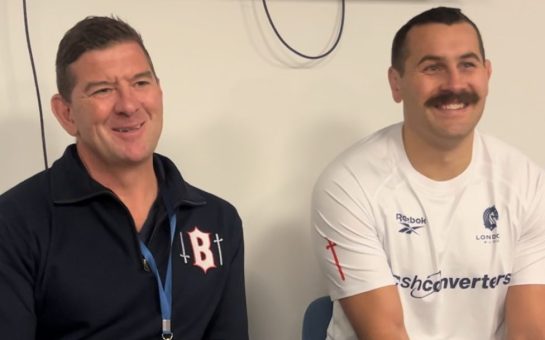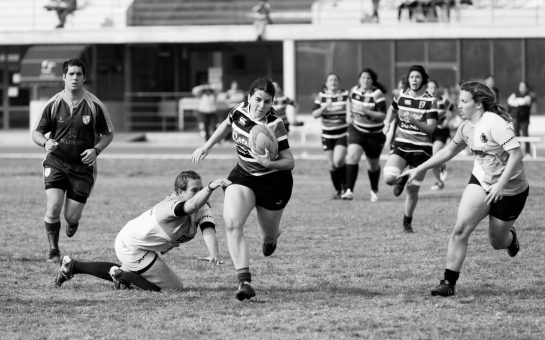After The Lions beat South Africa 22-17 in their first Test at the weekend, SWL explores if the conversation around ex-rugby players being diagnosed with early onset dementia has progressed.
The only try for The Lions was scored by Exeter Chiefs’ hooker Luke Cowan-Dickie, who had been knocked out cold a few weeks before in the Premiership final against Harlequins.
This set tongues wagging.
The Guardian’s rugby reporter Michael Aylwin said: “If you asked Luke, I bet you anything he’d say, ‘I don’t care, I’m playing.’ Playing for The Lions is a chance of a lifetime.”
In December 2020, Rugby World Cup winner Steve Thompson MBE told The Guardian that he does not remember lifting the world cup in Sydney in 2003.
He has been diagnosed with dementia and is now suing governing bodies for not doing more to protect players during their careers.
What followed was an intense discussion over the safety of the sport and its effect on players’ health after their rugby careers are over.
Since then, however, the debate seems to have dwindled and been lost in the Covid news agenda.
Earlier this year, the Six Nations competition saw Irish captain Jonny Sexton miss the France game after receiving a head knock in the previous game against Wales.
And a video of George North at the Wales v England Six Nations match in 2015 is memorable for all the wrong reasons.
In the months after Thompson’s revelation, more former players have contributed to the conversation sharing their own experiences of the impact of playing rugby.
Ex-England international and Saracens winger Dan Scarborough, Wales and Scarlets flanker Alix Popham, and England and Bath flanker Michael Lipman have all taken legal action against the sport’s governing bodies.
Thompson said: “There are good days and bad days when I’m in absolute agony with headaches and blurred vision.
“The main asset of the game is the players and we’ve got to make sure we treat them right, not like bits of meat.
“We’ve got to make sure they can have a proper life after the sport as well.”
This is something Aylwin strongly agrees with.
He said: “If you cannot change the game, the one thing you have to do is look after the players properly, not only when they have a head injury but in every aspect.”
This conversation is being seen in English football and also worldwide right now.
In the National Football League (NFL) in America, players have sued the organisation, accusing the body of hiding the dangers of concussion and the damage done to their heads and bodies.
A $765m settlement was agreed back in 2013 and since then more players have approached the NFL.
As of June 2021, more than 2000 ex-players have lodged a dementia claim with the NFL.
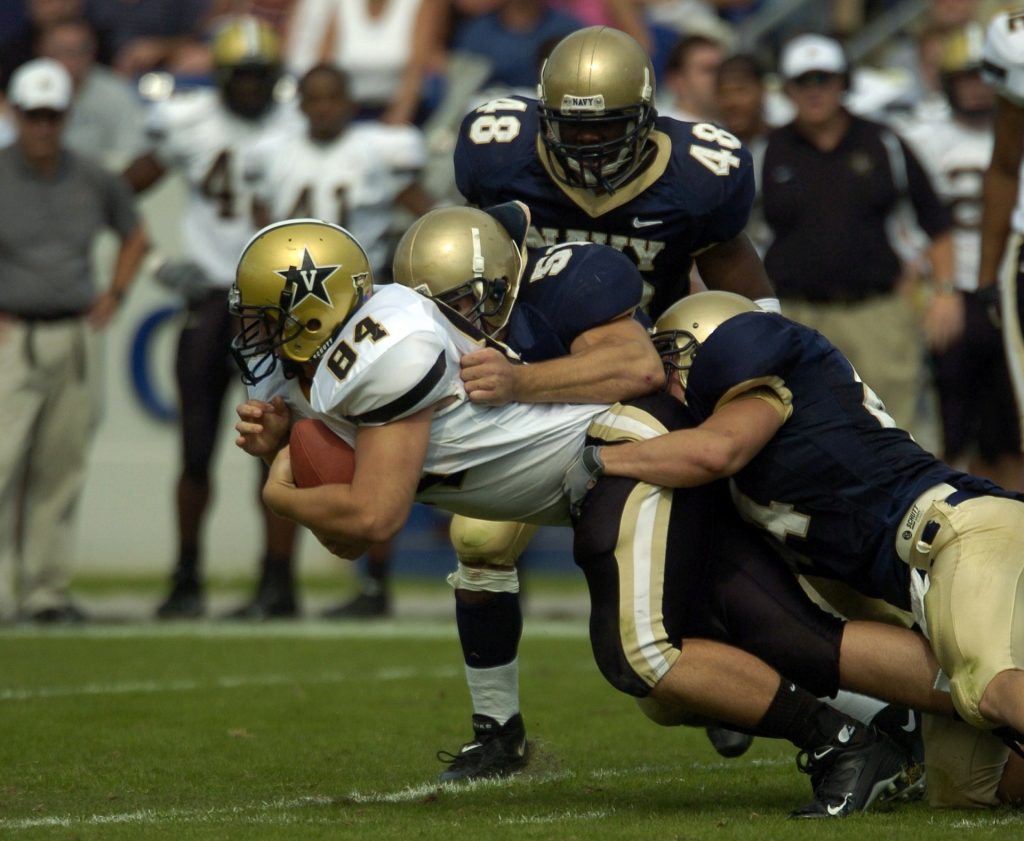
Similarly in the Australian Football League (AFL), campaigner-lawyer-player agent Peter Jess has proposed a A$2bn compensation fund to cover players who suffer from the long-term effects of head knocks.
Currently, Jess represents 135 former AFL and VFL (Victorian Football League) players who have all been diagnosed with long-term neurological problems.
What can be done?
This, Aylwin remarks, is the elephant in the room.
He said: “I’m not sure there’s much that can be done apart from changing the game into something that wouldn’t be rugby.”
He explained that there are thoughts about reducing contact during training but it may only lead to more intense blows at the weekend.
However, Aylwin is convinced that limiting contact in training will happen soon.
What we do know is that it’s not the impact of the head injury but the repetition of these knocks.
Popham said his neurologist described it as a leaking tap.
If the tap dripped for 14 years there’d be a big hole, which is what’s happened in his career.
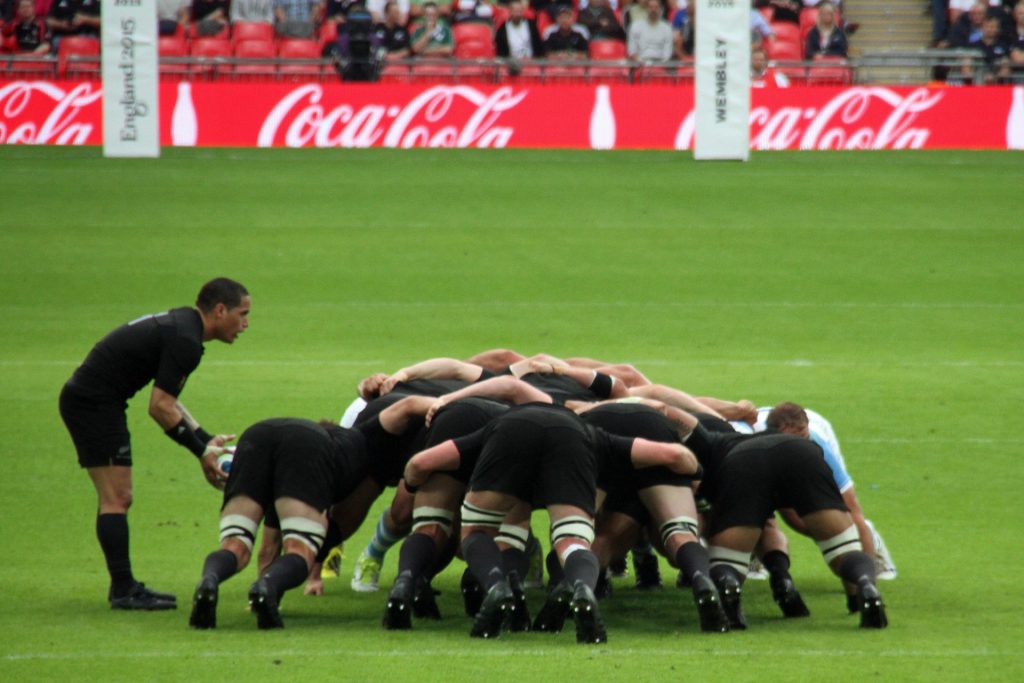
The RFU released the latest PRISP, the Professional Rugby Injury Surveillance Project report.
This is the audit that the RFU have kept since 2002 detailing all the injuries, how many, how often and what type.
Aylwin commented that this report is in fact very comprehensive and it shows that every year now concussion is the most common injury, by some distance.
Aylwin said: “It’s pretty much universally agreed upon now by certainly every neuroscientist I’ve ever spoken to that it’s not concussions that are the problem.
“It’s the constant bang, bang, bang that fit Popham’s ‘leaking tap’ analogy.”
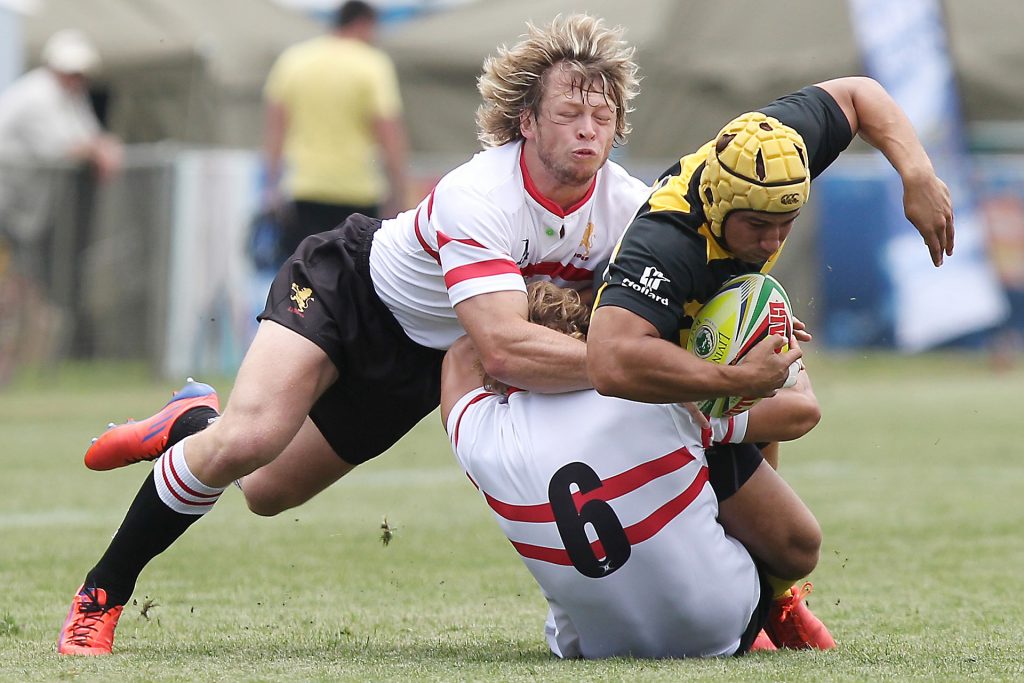
There are still two opposing sides to this argument.
One side protest for player welfare and say that the game is out of control, while the other complain about how boring the game has become and that it’s too slow.
The problem with the latter argument Aylwin claims is the more you speed up the game, the more people smash into each other.
The future of rugby
Aylwin said: “We don’t quite know, even now, what the state of play is. One of the big problems is you’ve got to wait decades to find out if anything’s made any difference in terms of the long term repercussions.”
One new bit of technology is the introduction of mouthguards with microchips in them.
They were developed and trialled with the Ospreys over the preceding three seasons and Harlequins have been using them for one season.
This software uses sensor technology to tell you during the match how much any blow refers forces to the head.
Aylwin doesn’t think this solves anything but it will aid research into concussion.
What is a huge unknown for the future of the sport is that some players can take a battering for two decades and come out of it okay, but we don’t really know why.
Popham thinks it’s as high as 50% of former players who will struggle after their rugby careers.
He said some are misdiagnosed as depressed and others have suffered worse than him.
However, Aylwin can’t believe it’s that high a percentage, but in fact a minority of people.
He explained: “It looks like if you’re going to be at all at risk, it seems as if you have to play professionally. So most kids will be fine. They won’t play enough rugby to be at risk.”
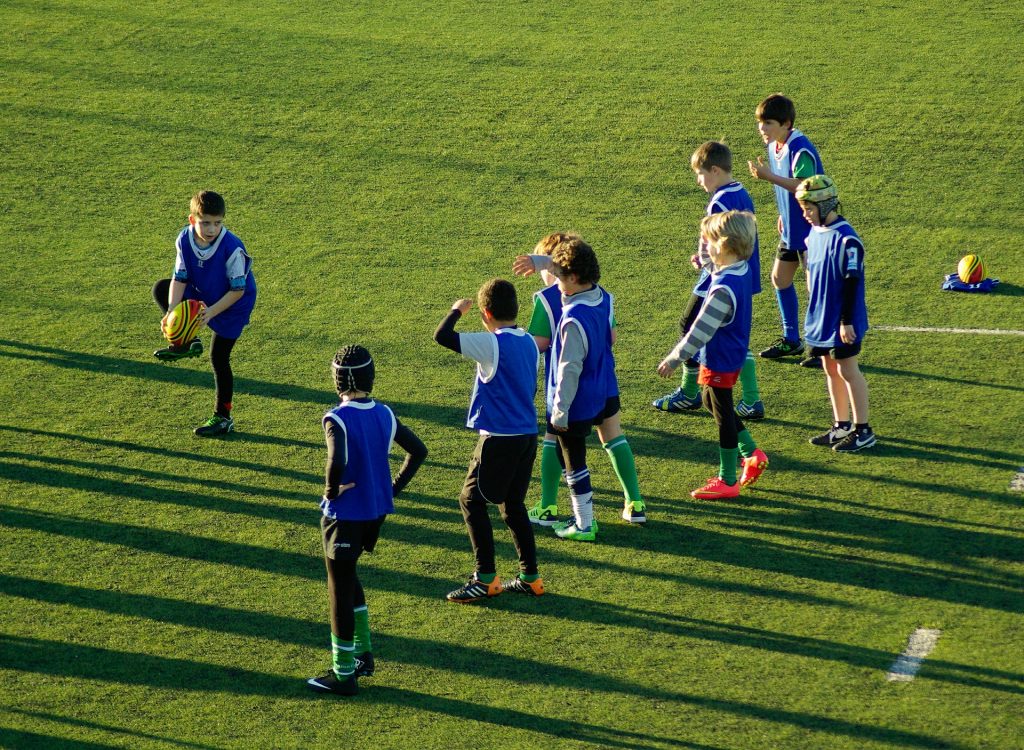
Rugby’s governing body, World Rugby, have recently supported a dementia study with Alzhiemer’s Society led by former elite players including Ben Kay and Shane Williams.
But Aylwin points out that the real trouble is the PR disaster that this is and worries rugby will suffer because mums and dads won’t want their kids associated with it, and there’s little World Rugby can do about that.
Right now it’s undeniable that people still love watching it. The sport is arguably better than it’s ever been, and it’s fabulous to watch.
However, what this past year has highlighted is the value of your health, so rugby finds itself in a tricky and delicate moral dilemma.
